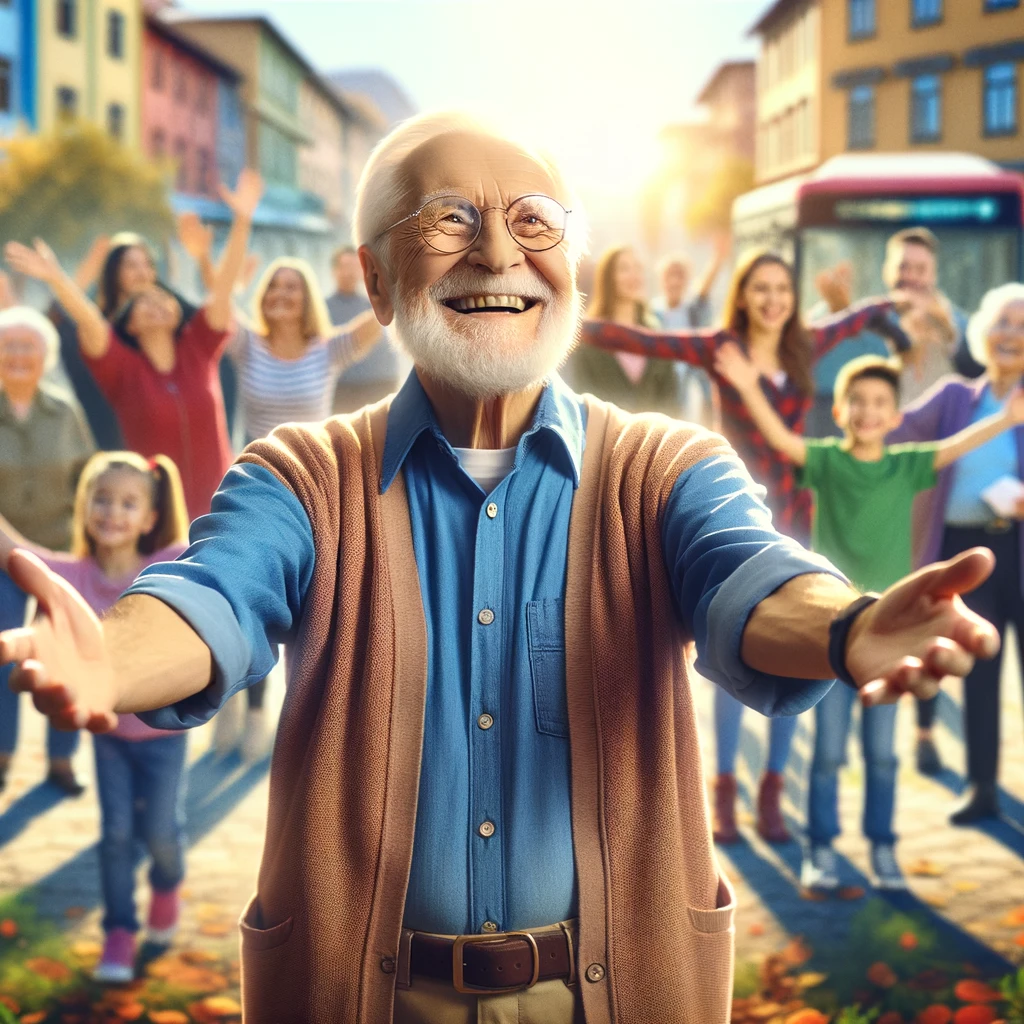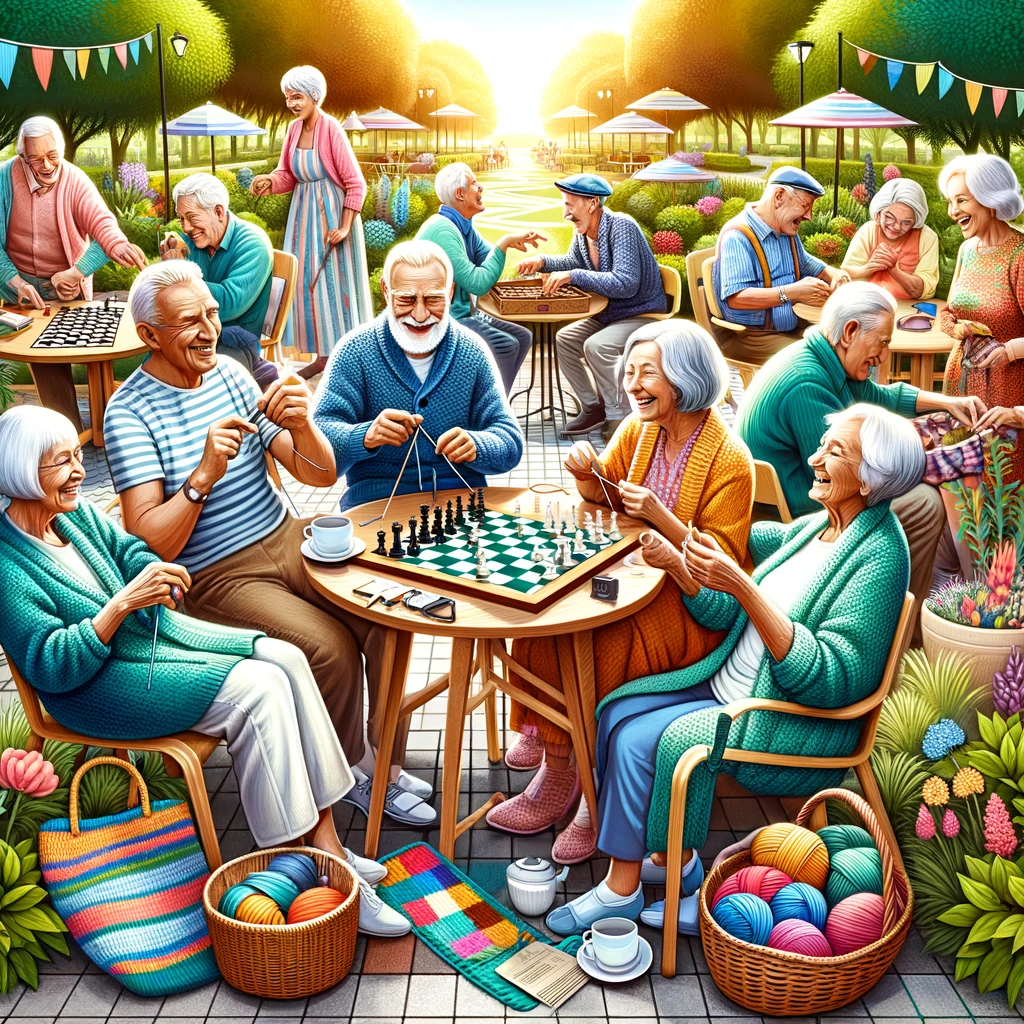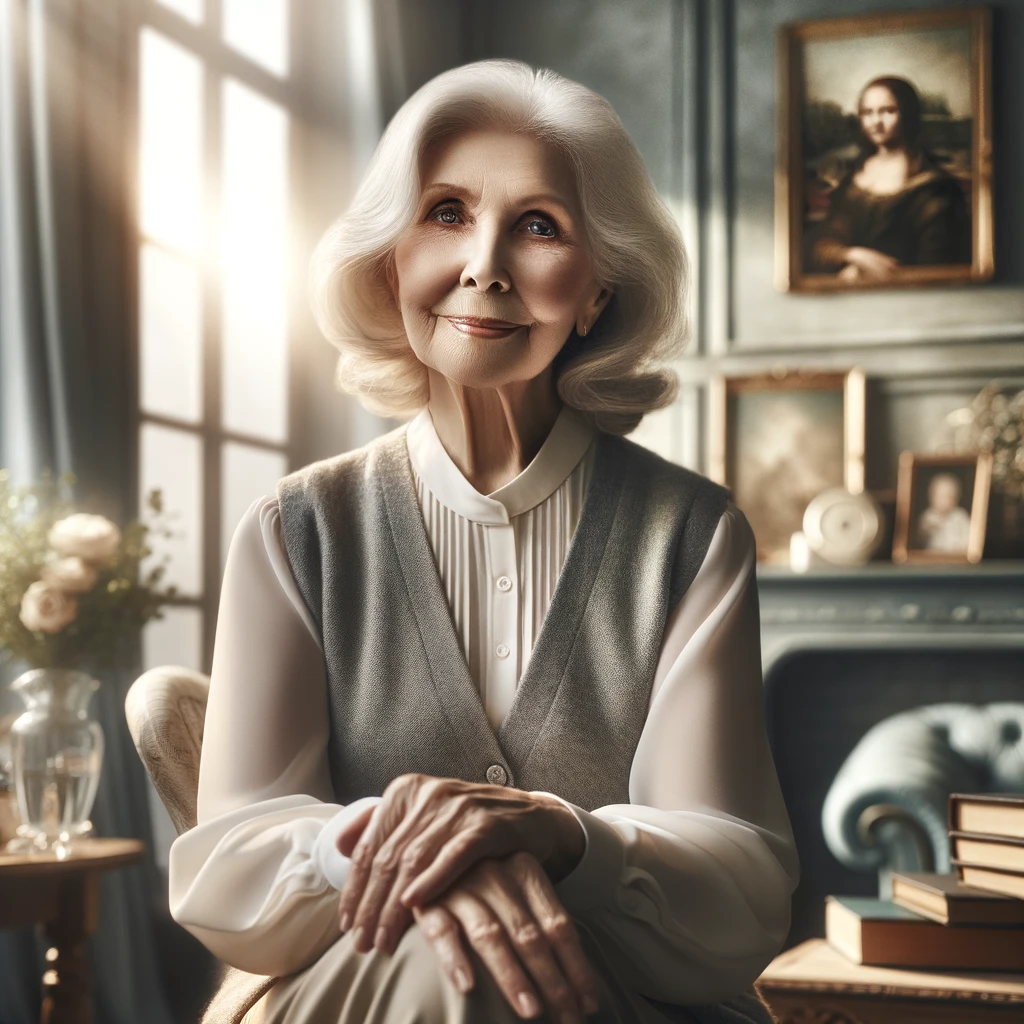Aging is a journey that everyone embarks on from the moment they’re born. However, the road to old age is often paved with myths and misconceptions that can shape our expectations and attitudes towards it. As we strive to understand aging better, it’s crucial to debunk these myths to foster a healthier, more realistic perspective on what it means to grow older. This article tackles 15 common myths about old age, shedding light on the truths that lie beneath them.
1. Myth: Old Age Means Poor Health
Many of us grow up believing that old age is synonymous with poor health. However, aging doesn’t automatically result in declining health. Lifestyle choices, genetics, and access to healthcare play significant roles in determining one’s health in later years. Many seniors enjoy vibrant, active lives well into their 80s and 90s, debunking the idea that old age equates to poor health.
2. Myth: Seniors Can’t Learn New Skills
The adage “You can’t teach an old dog new tricks” is a pervasive myth that undermines the capabilities of older adults. Research shows that the brain retains its ability to learn and adapt at any age. Seniors are perfectly capable of learning new skills, languages, and technologies, often bringing patience and life experience to their learning that younger people may lack.
3. Myth: Memory Loss Is an Inevitable Part of Aging
While some degree of memory changes may occur with age, significant memory loss is not a normal part of aging. Conditions like Alzheimer’s disease and dementia are not inevitable. Mental exercises, a healthy diet, and social engagement can all help maintain cognitive function well into old age.
4. Myth: Old Age Is Lonely and Depressing
This myth perpetuates the stereotype of old age as a time of isolation and sadness. In reality, happiness and life satisfaction often increase with age. Many older adults report feeling content with their lives, having developed the emotional resilience to deal with challenges more effectively than their younger counterparts.
5. Myth: Physical Activity Is Dangerous for the Elderly
Contrary to the belief that exercise poses a risk to seniors, physical activity is crucial for maintaining health and mobility in old age. Regular exercise can prevent chronic diseases, improve mental health, and enhance quality of life. With appropriate precautions and tailored exercise programs, seniors can safely enjoy the benefits of physical activity.
6. Myth: Old Age Is a Burden to Society
Older adults contribute significantly to society through volunteer work, mentoring, and sharing wisdom and experience with younger generations. They play key roles in families and communities, often providing emotional support and stability. Far from being a burden, seniors are a valuable and integral part of society.
7. Myth: Seniors Are Resistant to Change
While some may believe that older adults are set in their ways, many seniors are adaptable and open to change. Life experience has taught them the value of flexibility and resilience. Whether it’s moving to a new home, adjusting to new technologies, or adapting to societal changes, many older adults embrace change with grace and optimism.
8. Myth: All Seniors Are Alike
This myth fails to recognize the diversity among older adults. Age does not erase individuality. Seniors have varied interests, personalities, and lifestyles. Some may enjoy adventure and travel, while others may prefer quiet hobbies. Recognizing this diversity is essential for understanding and appreciating the unique contributions of each senior.
9. Myth: Aging Is All Downhill
The belief that life quality diminishes irreversibly with age is not only untrue but also harmful. Many older adults report feeling freer to pursue their interests and passions than ever before. Retirement can offer new opportunities for growth, learning, and enjoyment, making the later years a fulfilling and vibrant phase of life.
10. Myth: Older Workers Are Less Productive
There’s a misconception that productivity declines with age. However, older workers often bring invaluable experience, reliability, and a strong work ethic to the workplace. Their contributions can enhance team dynamics, mentorship, and organizational memory, proving that productivity is not solely the domain of the young.
11. Myth: Seniors Don’t Contribute Economically
Contrary to the belief that older adults don’t contribute to the economy, many seniors continue to work, volunteer, and spend, significantly impacting the economy. Their economic activities support businesses and contribute to the vibrancy of communities, debunking the myth of economic inactivity.
12. Myth: Older Adults Don’t Need Intimacy and Romance
The need for closeness, intimacy, and romantic relationships does not diminish with age. Older adults continue to seek and enjoy intimate relationships, challenging the stereotype that romance is only for the young. Emotional and physical intimacy remains important for well-being throughout life.
13. Myth: Seniors Are Technologically Inept
While older adults may not have grown up with technology, many are eager and capable of learning to use it. Seniors use smartphones, social media, and the internet, to stay connected with family and friends, pursue interests, and manage their affairs online, proving that technology is not just a young person’s domain.
14. Myth: Aging Means Losing Independence
Many people believe that aging inevitably leads to dependency. However, with support, healthy living, and adaptive technologies, many seniors maintain their independence well into old age. Independence can vary, but the desire to remain self-sufficient is strong among older adults.
15. Myth: Retirement Is the End of Productivity
Retirement marks a transition, not an end, to productivity. Many retirees find new ways to contribute to society, whether through volunteer work, part-time jobs, hobbies, or caregiving. Retirement can be a time of exploration and contribution, offering opportunities to engage in meaningful activities beyond traditional employment.
Understanding Old Age
Debunking these myths about old age challenges stereotypes and encourages a more nuanced understanding of aging. By recognizing the potential for growth, contribution, and fulfillment in later years, we can foster a society that values and supports individuals at every stage of life. Aging is not just about decline; it’s a complex, dynamic process full of opportunities for continued development and joy.
Read More
The Silent Rise: 10 Industries Where Gen X is Taking Control
Breaking Stereotypes: 8 Nursing Homes Where Life Begins After Retirement

























